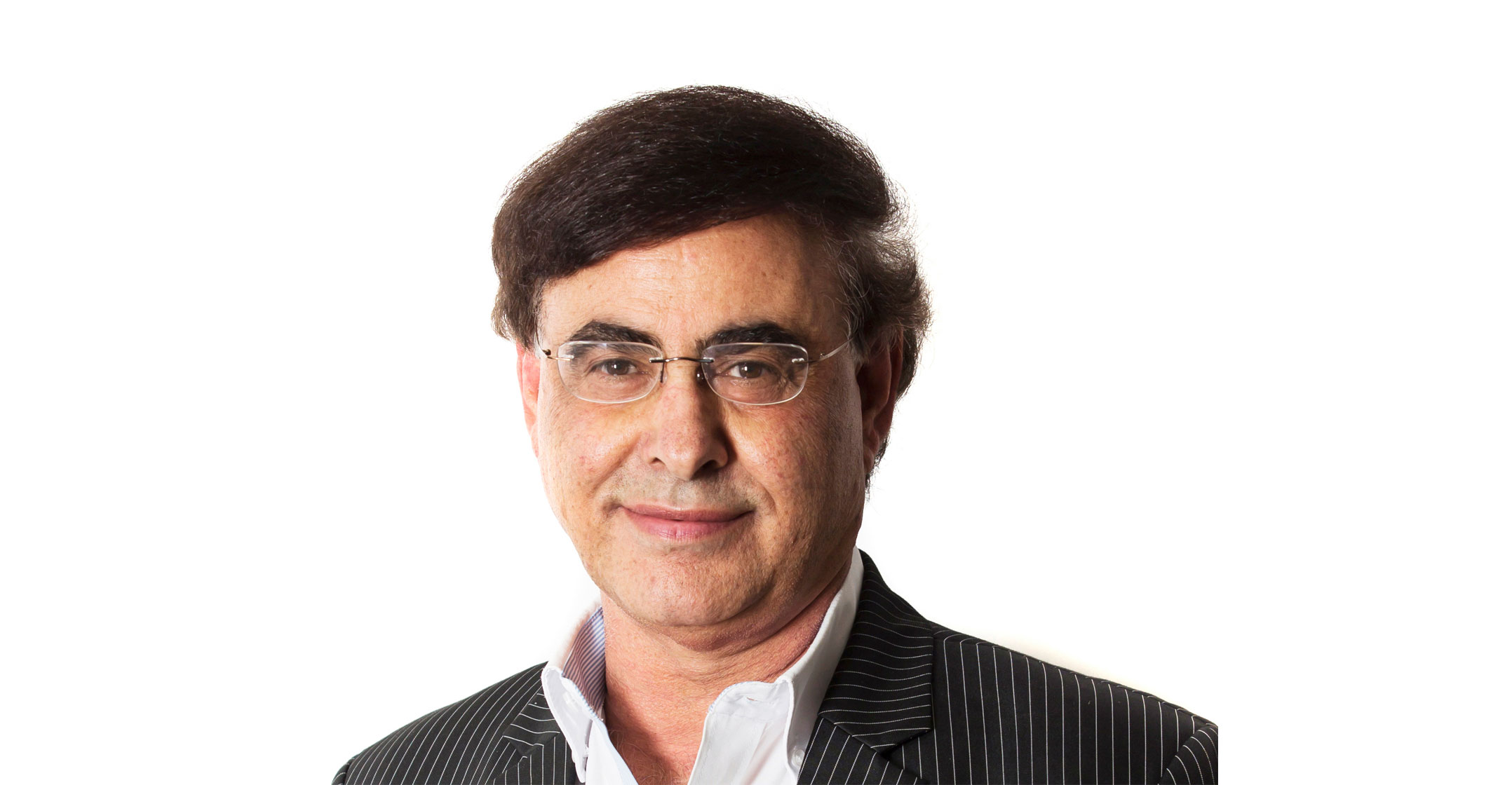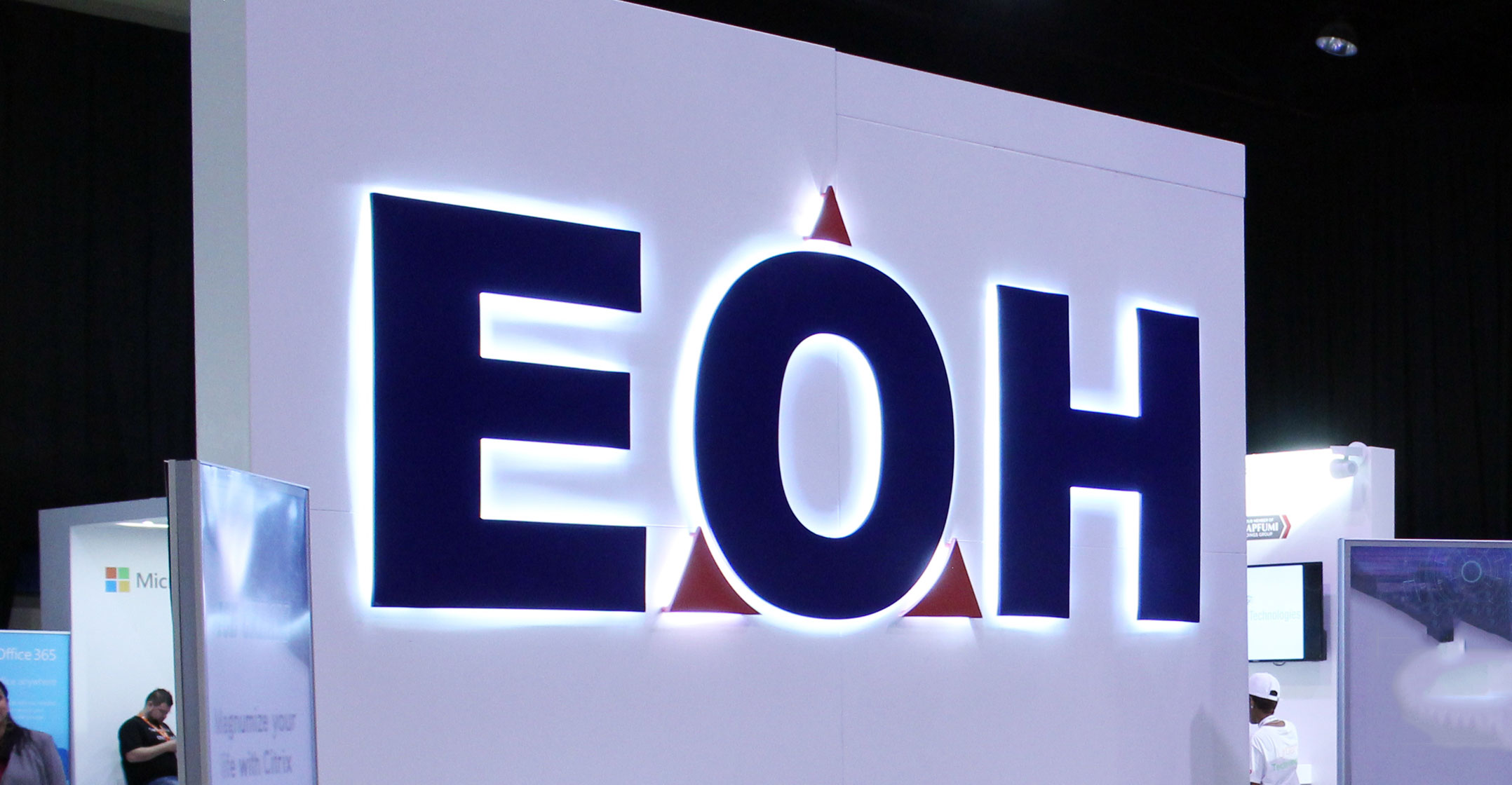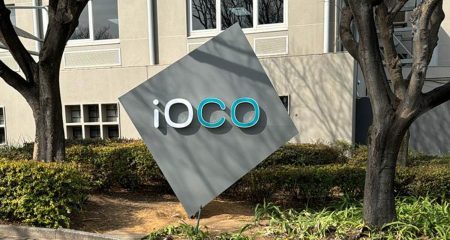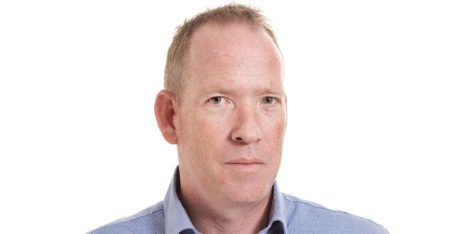
EOH founder and nonexecutive chairman Asher Bohbot said on Wednesday that the JSE-listed IT services group was caught up in the “war” over state capture in South Africa.
Speaking to investment analysts and shareholders in Rosebank in Johannesburg, Bohbot described the past year as one of “shock, anxiety and drama” for EOH and its employees (listen to a full audio transcript below).
In extraordinary remarks, he both lashed out at the media’s coverage of the company and praised journalists for unearthing corruption and state capture in South Africa.
EOH’s share price collapsed in 2017 following a series of reports alleging its possible involvement in corrupt dealings.
Its share price came under considerable pressure in July last year after an article in Business Report repeated earlier allegations of corruption involving a contract with welfare agency Sassa.
The article was largely a rehash of allegations in a story written by amaBhungane and published by the Daily Maverick earlier in 2017. On 18 July, EOH issued a statement refuting the allegations in the Business Report article and in the original amaBhungane piece after its share price tumbled.
amaBhungane subsequently acknowledged that EOH has been responsive and transparent in the engagement with them. It had “engaged in a series of extensive interactions” with amaBhungane, it said. The investigative journalism team “confirmed that it had found no evidence of any wrongdoing on the part of EOH”. However, amaBhungane said in a statement on its website, published in October 2017, that it “cannot vouch” for the “accuracy” of EOH’s claim.
“In particular, we would like to draw attention to the distinction between EOH’s statement that ‘amaBhungane has subsequently confirmed that it has found no evidence of any wrongdoing on the part of EOH’ and our statement that ‘we found no evidence that either EOH or the executive acted unlawfully’.” (amaBhungane’s emphasis in italics.)
EOH CEO Zunaid Mayet said in July that an independent legal firm had conducted a review and was “satisfied that the insinuations” in those reports were “false and untrue”.
The share price plunged again in December, in part over reports that the Independent Police Investigative Directorate (Ipid) had conducted raids to do with alleged corruption at the South African Police Service. The shares also fell because of the accounting scandal involving furniture retailer Steinhoff and associated market contagion. Lastly, the shares crashed to multi-year lows below R30/share after some EOH directors were forced to unwind leveraged positions in the share.
Forensic Data Analysts
Key to December’s rout were reports about alleged corruption involving a group EOH had bought. EOH said at the time that it had reached agreement with the former shareholders of Grid Control Technologies, Forensic Data Analysts (FDA) and Investigative Software Solutions to unwind a 2015 deal to acquire the businesses, with the unwinding effective from 31 October 2017. The companies had failed to meet profit warranties.
The Daily Maverick reported at the time that Ipid’s head of investigations told parliament’s standing committee on public accounts that there had been a “clear manipulation of the procurement system” in favour of FDA, led by controversial businessman Keith Keating. The Ipid official reportedly said there was a corrupt relationship between FDA and the police service.
At Wednesday’s investor presentation, Bohbot, who led EOH as CEO for 19 years before handing the reins to Mayet in 2017, said the fallout from the various media reports had consumed a huge amount of management’s time.

“During this period, the business was in great shock and trauma,” he said. People began fearing for their job security. “We lived in this McCarthyism environment and we had to deal with it, and we did.”
He said EOH could have chosen to feel like the “victim” because “someone had done us wrong, someone had harmed us”.
“We can feel bitter, twisted, angry … or we can choose to think about it differently. The way we see it is that EOH (and) our own people were part of the struggle for the changes that happened in this country in the middle of December,” Bohbot said. “Without the media pushing so hard … I have personally zero doubt that the change that happened — and it was touch and go — happened because of the media. The media carried that battle.”
He said if the media hadn’t reported on corruption and state capture — “and, yes, with collateral damage sometimes involved” — South Africa would have been in a “dire situation” today.
“…We don’t see ourselves as victims. We are not victims. We have been part of that battle. In 20 years’ time, we can say we were there… Maybe we were used as cannon fodder, but looking back (at it) in the scheme of the next 100 years, it’s nothing. It’s a cheap price to pay, for EOH and all of us in the country, having the opportunity to look positively at the next 20 years and a good, normalised environment and a healthy state of affairs as a country…” — (c) 2018 NewsCentral Media
- This article was amended on 17 July 2019 to include reference in paragraphs 6 and 7 to amaBhungane’s statement




